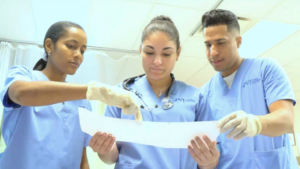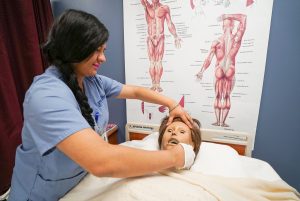
A patient care technician is a crucial part of any medical facility. Their job involves working closely with patients to obtain necessary information from them. They also perform various tasks to assist patients while they’re in the care of the facility they’re at. If you are considering a career as a patient care technician, the information below may help you figure out if this career is a good fit for you.
How Does One Become a Patient Care Technician?
Pursuing a career as a Patient Care Technician (PCT) may not be as hard as you think. There are numerous schools and programs that offer courses in this ever-growing field. It is important to do some research before picking a school that offers these courses. Many schools fall short in academic standards and leave students unprepared for certification tests. The FVI School of Nursing and Technology is a solid choice if you’re interested in a Patient Care Technician program in Florida that will help you achieve your career goals. Once you’ve picked a school that you’re sure will prepare you for your career in PCT, what’s next? Well, you begin your classes of course!
A Patient Care Tech course will typically take around 8 months to a year to complete. During this time, you will learn a large skill set of invaluable skills used in the medical field. You will also complete and obtain various certifications during your time in your PTI course. Once you have completed the course, you are ready to take your state certification test. Here in Florida, the test would be the Florida State Certification Nursing Assistant Exam. This exam includes both a written and practical test and both tests must be passed before working as a Patient Care Technician in Florida. It is highly recommended that this exam be taken through the NHA (National Health Association).
What Skills Are Learned During A PCT Course?
You’ve decided that a Patient Care Technician is a great career path for you. You have picked a school that offers the credentials you need and will prepare you for your state exam, such as the FVI School of Nursing and Technology patient care tech school in Miami. That’s all well and good but you are still curious about the course. What are some of the skills you will be learning, you may ask yourself? Great question! In a Patient Care Technician course, you can expect to learn a vast array of skills through hands on and practical training.
Some of these skills include: Taking vital signs such as blood pressures, pulse, and temperature. Taking ECG (electrocardiography) tests, and how to properly perform a blood draw. Among these practical skills, you will also learn a wealth of knowledge regarding patient care, ailments, signs and symptoms, and legal and ethical issues. You will be tested and asked to display your knowledge to ensure you’re ready for the state exam.
Once You Have Passed the Exam
You have passed your state exam and you are officially a Patient Care Technician! What’s next? There’s a high demand for PCTs in a wide variety of medical and residential settings. While these settings may seem very different, the duties of the PCT will generally stay the same, taking vitals and assisting patients and doctors with any needs they may have. What types of facilities does a PCT generally find employment in? When we think PCTs, we typically think Doctor’s offices but you may be surprised to find that PCTs are required in almost every medical facility there is, these include: Nursing home facilities, blood banks, hospitals, dialysis facilities, and health care agencies that cater to home needs. The demand for patient care technicians will always be there because of their integral part in the medical community.
The Learning Doesn’t Stop with the Course!
Once you have found employment as a PCT, your education has just begun. While you may have touched on a few new skills in practical training, which is hands-on training at medical facilities during the course, your new job will continue to train and hone your skills. Depending on where you find or choose employment, new skills and procedure will need to be learned to preform your duties adequately.
Some of these new skills may include, but are not limited to: Emergency room procedures and protocols, how to properly apply splints and bandages, how to properly remove staples and sutures, how to insert and remove catheters, how to properly treat a wound, and immobilizations of joints and limbs. The Patient Care Technician profession is a rewarding and fruitful experience. Whether you’re looking to make a career out of being a PCT or using it as a stepping stone to something else, you are sure to gain a vast amount of knowledge and have fun doing it! Contact us today to get started!
More Information Here:
http://www.homehealthaideguide.com/hha-training/states/florida-hha/








